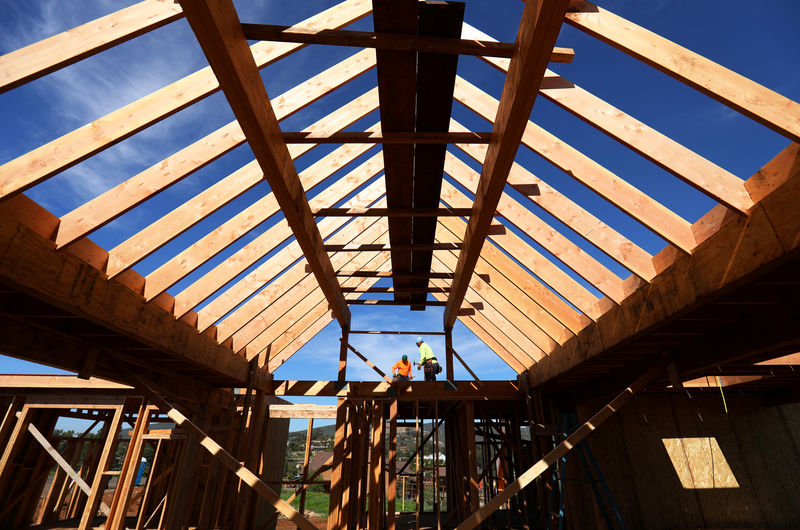By Robin Respaut
SAN FRANCISCO (Reuters) - Affordable housing advocates are closely watching a package of bills currently under consideration by California lawmakers that would invest billions of dollars in helping to alleviate the state's severe housing crisis.
For years, California residents have struggled to afford surging real estate and rental prices in many of the country's most expensive housing markets. Nearly one-third of California renters pay more than 50 percent of their income toward rent.
If passed, the bills would create a permanent $300 million-a-year fund for affordable housing, streamline the approval process for housing construction in cities and authorize a $3 billion bond for the 2018 ballot, the first housing bond in California for over a decade.
The state's Senate has approved the package, but the Assembly, which is expected to vote next week, has shown more reticence over costs.
Lawmakers worked closely with Democratic Governor Jerry Brown, who in July announced his support for a general obligation bond, a permanent funding source for affordable housing and regulatory reform.
"This comprehensive approach does what's long been needed in California," Brown said in July. "Astronomical housing costs are straining family budgets and stressing employees who can’t afford to live where they work. That's unacceptable."
On Thursday, California Treasurer John Chiang urged state lawmakers to quickly pass the package as well as to increase the general obligation bond to between $6 billion and $9 billion to kick-start construction.
"We have the opportunity now to move decisively to ease a 1.5 million-unit shortfall in affordable housing. But we must think big and act boldly,” Chiang in a statement.
Senate President Pro Tempore Kevin de León and Assembly Speaker Anthony Rendon have also expressed support for a housing deal.
Homeownership rates in California are at their lowest since the 1940s and the lack of supply is seen as a major contributor to the problem.

Production of new homes across the state averaged less than 80,000 annually over the last decade, far below the projected need of 180,000 additional homes annually, according to the California Department of Housing and Community Development.